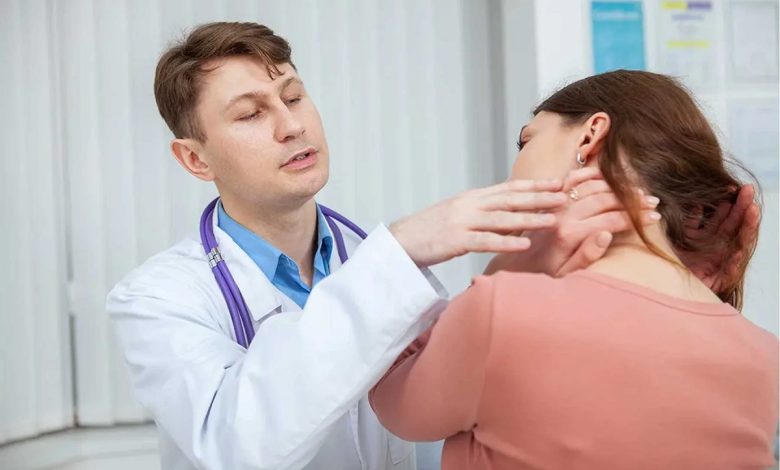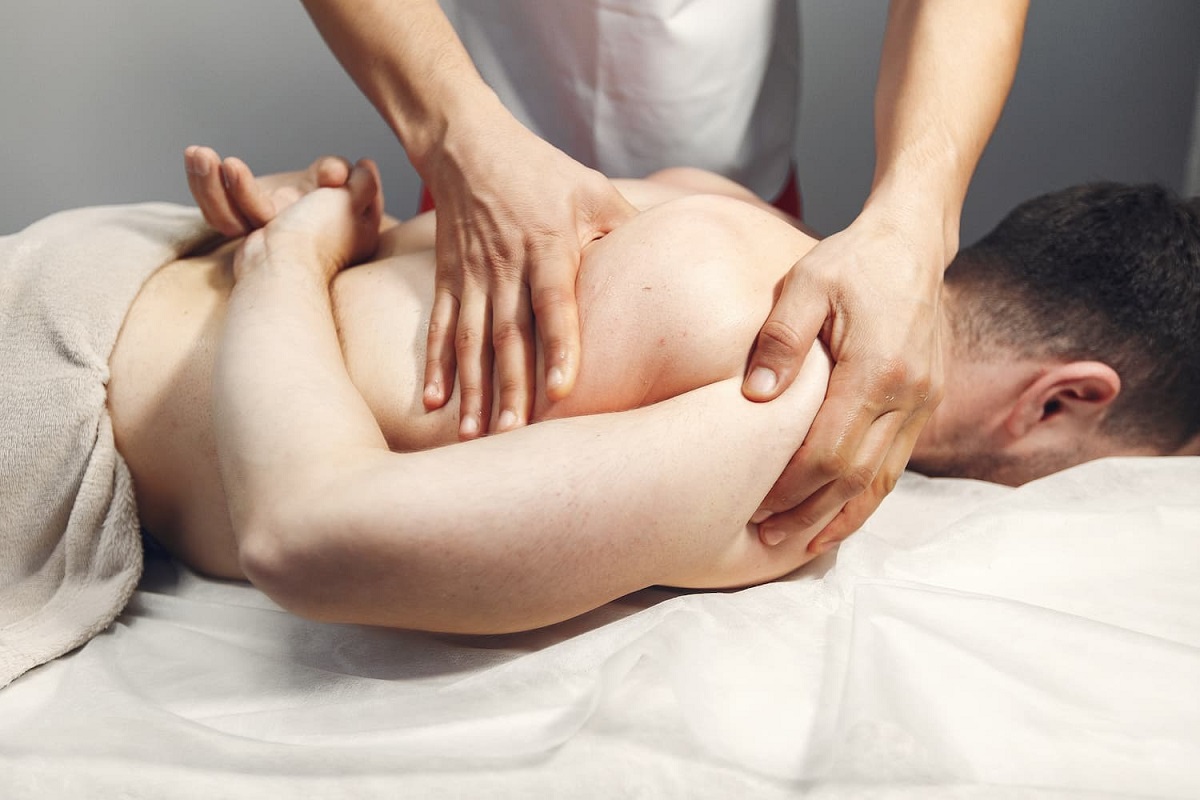What Is The Cause Of Muscle Spasm And How Is It Treated?

Muscle Spasm: Many people experience muscle cramps (muscle cramps), which for some are very severe and can even be debilitating, and a large percentage of people experience sudden muscle cramps at one time, especially in the back of the leg.
In this article, we said for you about muscle cramps do please stay with us! Also thank you for your comments and ideas it is very valuable for us and day by day we try to be better and come to you with informational articles.
What Are Muscle Cramps?
What is the cause of muscle cramps?
In which people does it occur more often?
How is the treatment and relief of muscle cramps?
What is the role of micronutrients, especially magnesium and calcium, in muscle cramps?
Stay with us until the end
Muscle Spasm
How Do Muscle Cramps Happen?

Muscle cramp or in English (muscle cramp); Contraction (tightening or so-called spasm) or excessive and sudden shortening of muscles. These contractions are often painful (mild to severe pain) and can cause immobility such as paralysis.
Contraction is involuntary; It means that the muscles become tight without the person’s control. Cramps often cause muscle stiffness. Cramps may affect a single muscle or a group of muscles. It usually resolves itself within a few seconds, minutes, or in the worst case, after a few hours.
Muscle cramps are different from muscle strains. Stretching is small movements in a small area of muscles.
The incidence of muscle cramps is the same in both sexes. It is common in young people during vigorous exercise and in older people, especially in bed, mainly involving the calf, leg and thigh muscles. Cramps are also common in the last trimester of pregnancy, with an incidence of 20-50%.
Muscle Spasm
What Is The Cause Of Muscle Cramps?
The cause of muscle cramping or spasm is unknown (idiopathic) and many proposed mechanical reasons have not been proven.
It is important to recognize before starting any treatment that muscle cramps can be caused by potentially reversible diseases, conditions, and medications. Drugs directly or indirectly affect the metabolic changes in serum glucose and electrolyte concentration. Therefore, it is important to rule out reversible causes of cramps before starting medical treatment.
Important note: However, the cause of muscle cramps is not always clear. In some cases, muscle cramps are a sign of a more serious problem. Talk to your doctor to learn more about possible causes.
Supportive and medicinal treatment and the effect of micronutrients (vitamins and minerals) on muscle cramps
Proper management of muscle cramps includes; Accurate diagnosis by a specialist doctor and distinguishing it from other excitable movement disorders is through clinical evaluation or other methods such as electrophysiological tests. It is recommended that muscle cramps be treated with non-pharmacological interventions before starting any medication.
Muscle Spasm
Treatment Of Acute Muscle Cramps
In people with acute muscle cramps, the affected muscle should be firmly stretched. For example, in calf muscle cramps, active dorsiflexion of the leg with the knee extended is recommended.
Other measures to reduce acute cramping include: warm water shower with massage in the cramping area, usually for 5 minutes; ice massage; People with known disorders in the balance of fluids and electrolytes should be treated appropriately for these people based on the cause.
Muscle Spasm
Prevention Of Frequent Muscle Cramps
Initial efforts to prevent recurrent cramps should focus on supportive interventions such as daily stretching exercises. In most cases, supportive treatment is preferred over drug treatment due to the complications and risks associated with drugs. These interventions include:
Stretching exercises: Stretching exercises for the back of the leg are usually done while bearing weight.
The posterior leg muscles are stretched by leaning forward while keeping the feet flat on the floor (Figure 1). Hold this position for 10 to 20 seconds and repeat the stretches three to five times in a row. Four times a day for the first week, then twice a day in the evening and again before going to bed. Stretching before going to bed at night may be enough for some patients.
Muscle Spasm
Therapeutic Ways To Relieve Muscle Spasms

To treat muscle cramps, the question is often repeated that; “What to eat for muscle cramps?” The items listed below can answer this question:
Muscle Spasm
Taking Magnesium Supplements
If you experience frequent muscle cramps, one reason could be that your body needs more of the mineral magnesium. Magnesium supplements are widely used to relieve leg muscle cramps. Magnesium is also useful in pregnant women with leg cramps, it can reduce both the intensity and frequency of cramps.
Muscle Spasm
Taking Vitamins
A common question that is often asked: “Which vitamin deficiency causes muscle cramps?” In response, it should be said that taking vitamins such as; Vitamin B complex (three times a day, containing 30 mg of vitamin B6) or vitamin E (800 IU at bedtime) can be helpful.
Note: Taking vitamin B6 along with magnesium has a double effect on improving muscle cramps.
Muscle Spasm
Iron Intake
May be useful in patients with iron deficiency anemia.
Muscle Spasm
Taking Diphenhydramine
In patients in whom vitamin and mineral supplements are ineffective, try taking diphenhydramine (12.5 to 50 mg at night) at bedtime.
A calcium channel blocker, or diltiazem
In patients in whom the above measures are ineffective, a calcium channel blocker, either diltiazem (30 mg) or verapamil (120 to 180 mg), should be prescribed daily. Nifedipine should not be used because it may cause muscle cramps as a side effect.
Muscle Spasm
Gabapentin Use
If the above measures fail, gabapentin (600 to 900 mg/day in divided doses between dinner and bedtime) should be used. Of course, with special attention in elderly patients due to the increased risk of side effects in these patients, especially in patients with renal dysfunction, limited data support the use of gabapentin. This treatment has been very useful especially in patients with leg cramps related to neurological disease.
Muscle Spasm
When Should You Treat Muscle Cramps?
Patients in whom drug therapy is ineffective and who suffer from distress and confusion with nocturnal leg cramps, should see a sleep specialist to determine whether there are fundamental sleep disorders; Such as Restless Leg Syndrome (RLS), periodic limb movements, or obstructive sleep apnea.
Also Read:
What Are The Side Effects Of Oversleeping? The 7 Side Effects Of Oversleeping
The 8 Best Natural Home Remedies Muscle Relaxers To Treat Pain Relief




